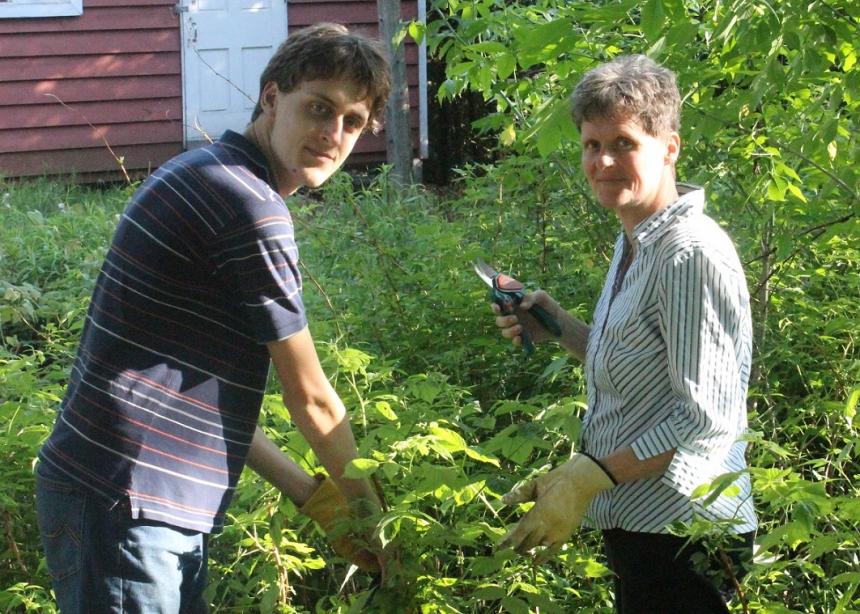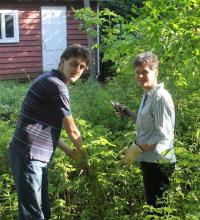How can the church be more autism-friendly? This is the question that has kept me thinking for some time. In my 19-year “career” as the mother of an autistic son, I have seen the many challenges autistic people face, in society at large but also in specific settings such as school and church.
Autism Spectrum Disorder (ASD) is a neurodevelopmental disorder, affecting the functioning of the brain. It is characterized by impaired communication, speech and language, social interaction, and by repetitive behaviour, narrow interests, sensory problems and difficulty understanding abstract concepts.
The term “spectrum” implies that the presence and severity of symptoms can vary widely. One of my favourite sayings is, “When you’ve met one autistic person . . . you’ve met one autistic person.” While certain generalizations can be made, the ways and degrees these traits can manifest themselves are infinite.
Over the past few decades, autism has become increasingly prevalent in society, and consequently also in church. There are many ways in which autism can affect someone in a church setting. Sensitivity to sound can make the opening hymn unbearable, and that 2,000-word sermon is not easy to take in when you have receptive language problems. Youth group activities can be a real challenge, where social interactions take place at the speed of light. Some autistic people benefit from restrictive diets, making it slim pickings at the church potluck.
Workshop
So, can the church become more autism-friendly? This spring, I received an invitation to lead a workshop on this topic at Mennonite World Conference Assembly in July 2015. Titled, “Where Church and Autism Meet,” this interactive workshop is meant as a dialogue starter and a forum to share ideas and experiences. (See information from the workshop at “10 ways to make your church autism-friendly.”)
Participants will identify and explore challenges that autistic people face in the church setting and will be invited to help search for ways to meet their needs in their church community. Some topics:
- What are the challenges autistic individuals and their families have encountered within church programs?
- Which solutions have been successful or unsuccessful?
- How did families approach church leaders to suggest autism-friendly changes and how did they respond?
I am interested in hearing from families and individuals who live with autism. If you have insights you would like to share concerning content for this seminar, please contact me by email.
Friendship group
For about a year my son Kenrick and I have considered starting a group in southern Ontario for young adults on the autism spectrum. With graduation from high school often comes the end of many programs and services, as well as church youth activities. This means that several opportunities for connecting with peers disappear. Kenrick and I feel that a group like this could fill some of these gaps.
Focusing on persons age 18 and up, the group could evolve in any direction, but for now it would aim for informal, fun get-togethers, building friendships, sharing experiences, and supporting each other. This could also be an opportunity for parents to get together at the same time, to connect. By changing the location with each meeting, we hope to cover a greater geographic area.
To share ideas for the seminar or to learn more about the new group, contact Geralde at ter.ger@lincsat.com.





Add new comment
Canadian Mennonite invites comments and encourages constructive discussion about our content. Actual full names (first and last) are required. Comments are moderated and may be edited. They will not appear online until approved and will be posted during business hours. Some comments may be reproduced in print.